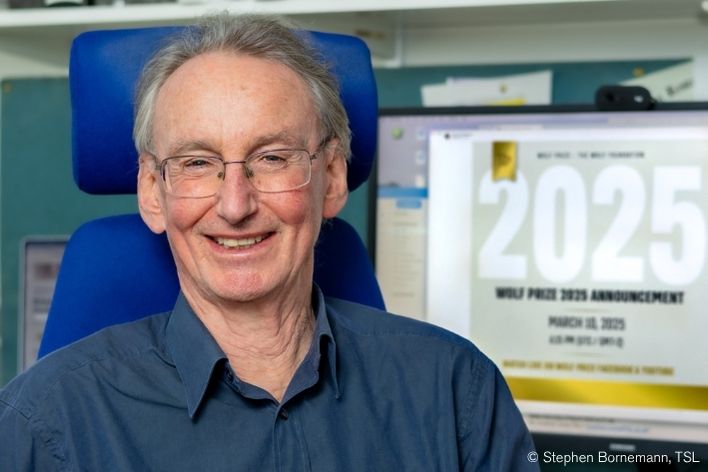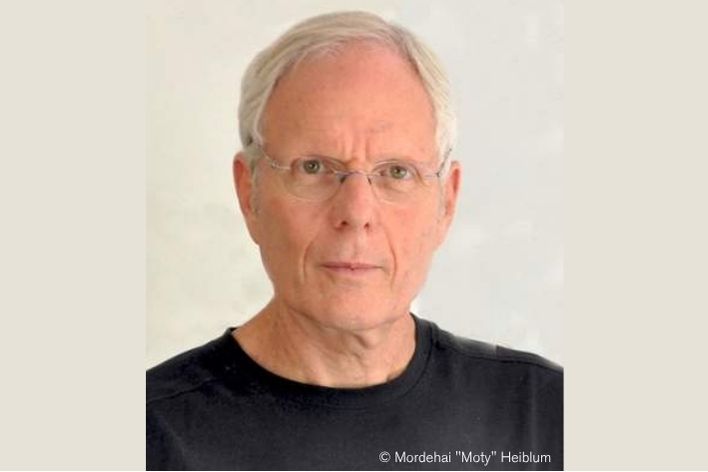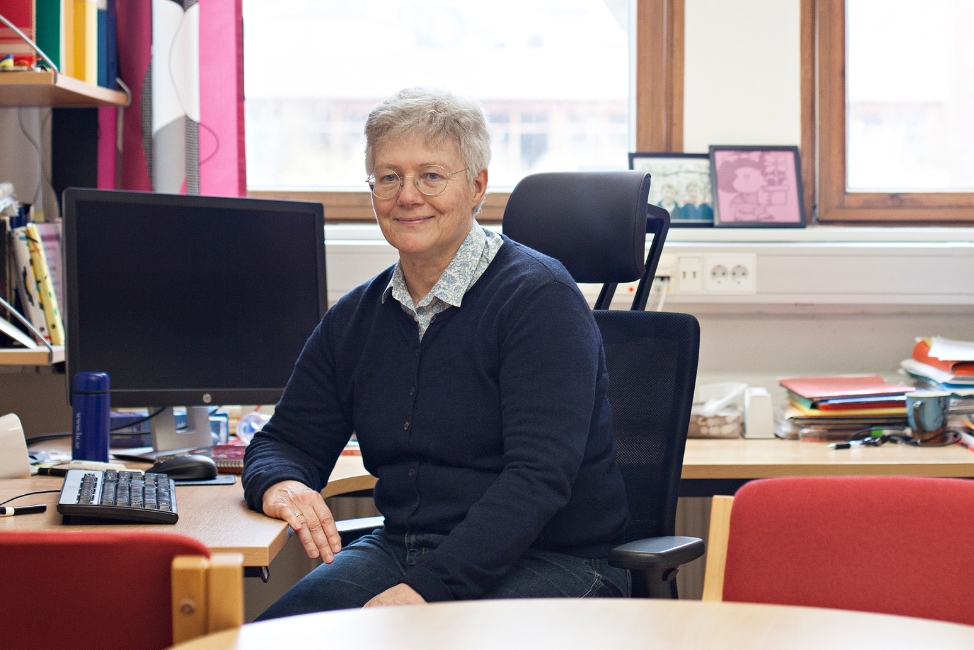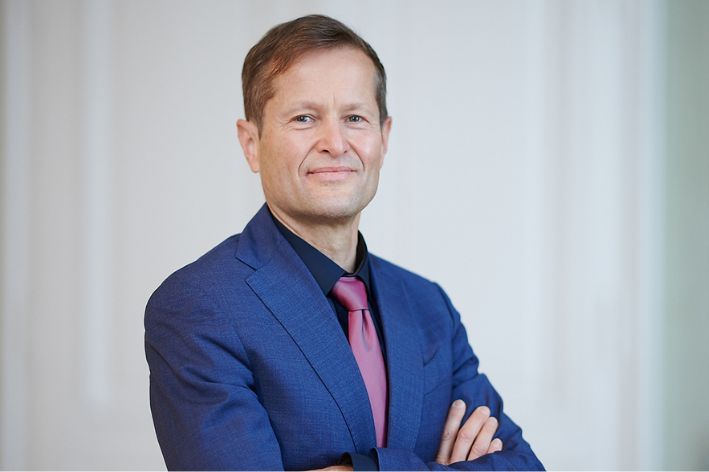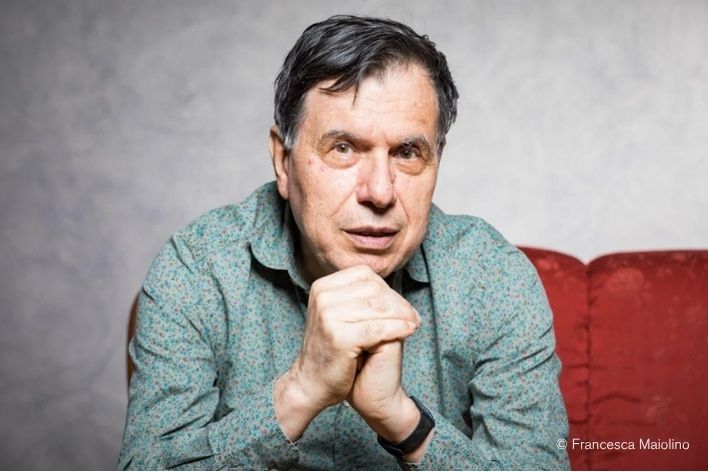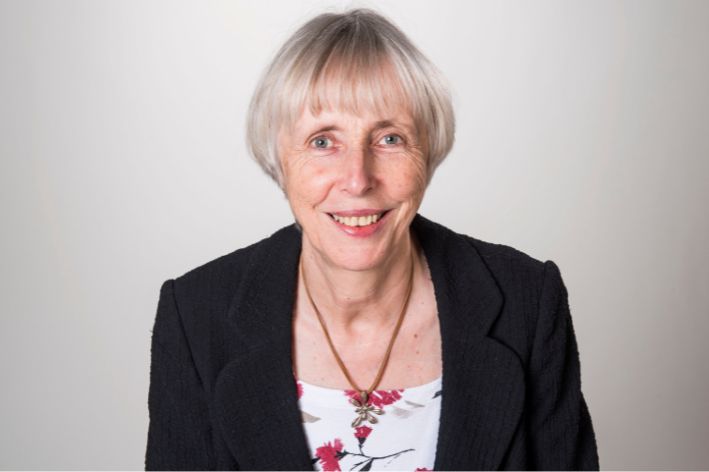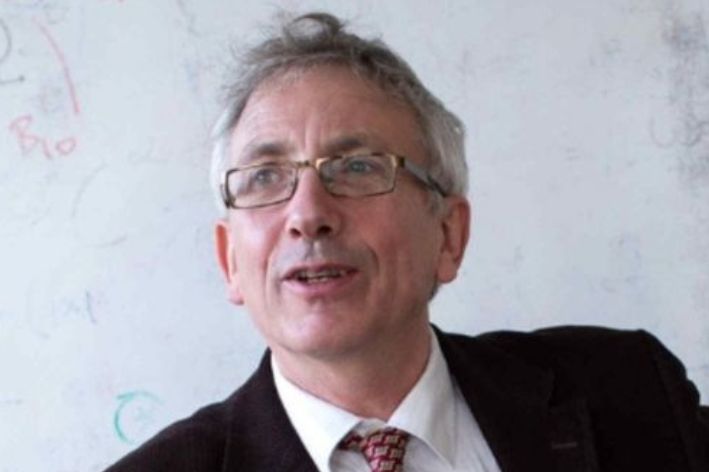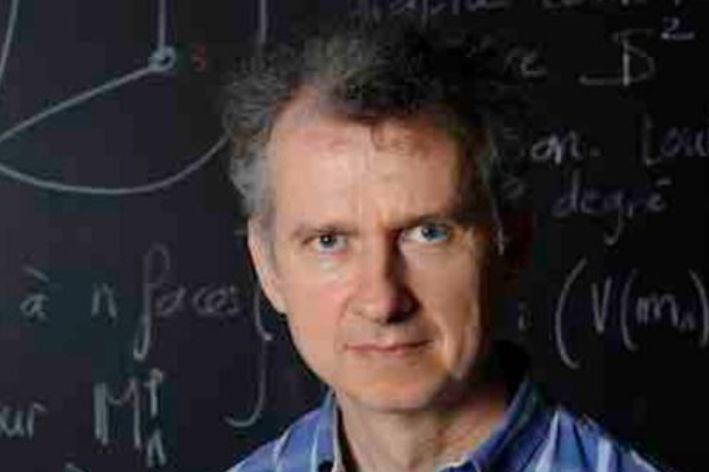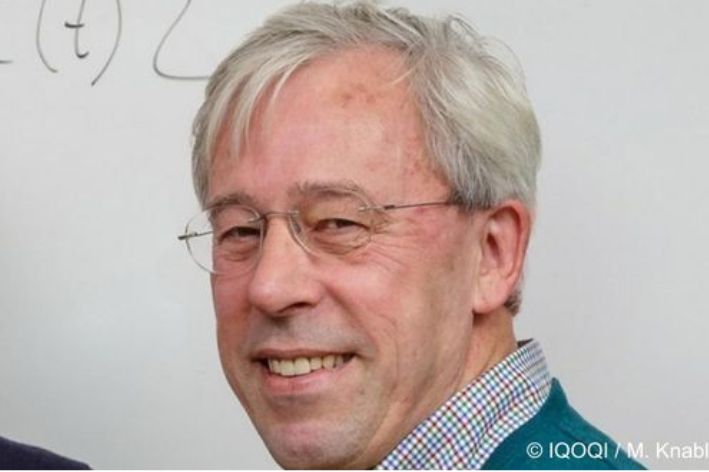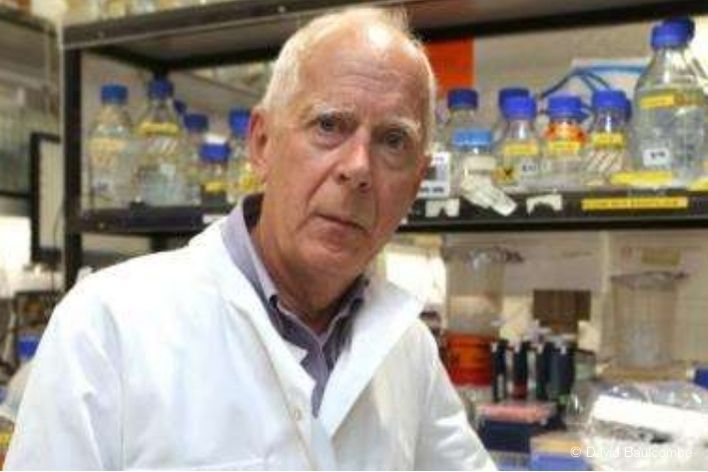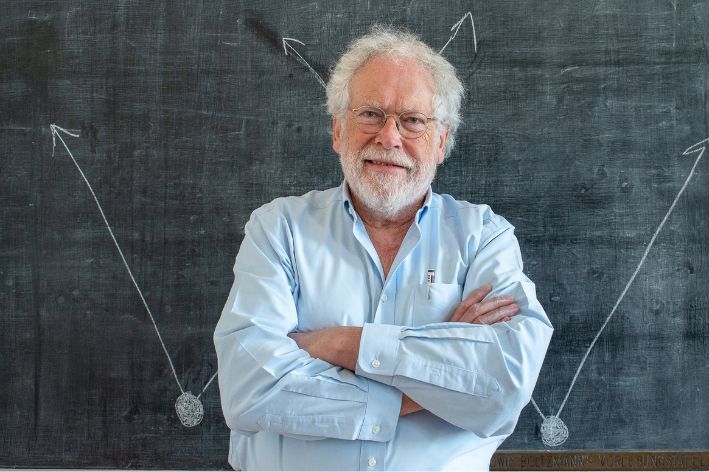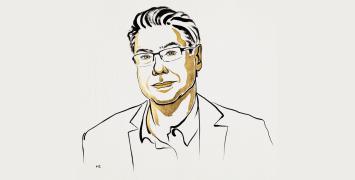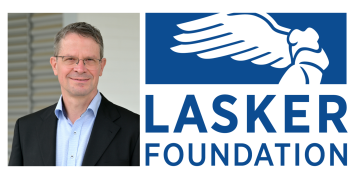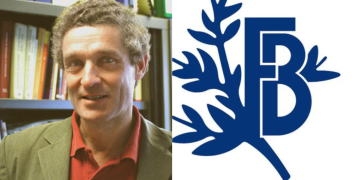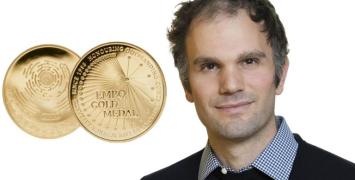The international Wolf Prizes are awarded to outstanding scientists and artists from around the world, for achievements in the interest of mankind and friendly relations amongst peoples. The scientific categories of the prize include Medicine, Agriculture, Mathematics, Chemistry and Physics. It takes place annually and the prize in each field consists of $100,000.
ERC grantees Wolf laureates
Jonathan Jones – Wolf Prize in Agriculture, 2025
He was awarded the Wolf Prize 2025 for groundbreaking discoveries of the immune system and disease resistance in plants.
Mordehai "Moty" Heiblum – Wolf Prize in Physics, 2025
He won the for advancing our understanding of the surprising properties of two-dimensional electron systems in strong magnetic fields.
Anne L'Huillier and Ferenc Krausz – Wolf Prize in Physics, 2022
They won the Wolf Prize in Physics for pioneering contributions to ultrafast laser science and attosecond physics.
Giorgio Parisi - Wolf Prize in Physics, 2021
He won the Wolf Prize in Physics for his ground-breaking discoveries in disordered systems, particle physics, and statistical physics.
Caroline Dean - Wolf Prize in Agriculture, 2020
She won the Wolf Prize in Agriculture for pioneering discoveries in flowering time control and epigenetic basis of vernalization.
Simon Donaldson - Wolf Prize in Mathematics, 2020
He won the Wolf Prize in Mathematics for contributions to differential geometry and topology.
Jean-François Le Gall - Wolf Prize in Mathematics, 2019
He won the Wolf Prize in Mathematics for his deep and elegant work on stochastic processes.
Leif Andersson - Wolf Prize in Agriculture, 2014
He won the Wolf Prize in Agriculture for providing groundbreaking contributions to plant and animal sciences, respectively, by using modern technologies of genomic research.
Peter Zoller - Wolf Prize in Physics, 2013
He won the Wolf Prize in Physics for groundbreaking theoretical contributions to quantum information processing, quantum optics and the physics of quantum gases.
David Baulcombe - Wolf Prize in Agriculture, 2010
He won the Wolf Prize in Agriculture for the pioneering discovery of gene regulation by small inhibitory RNA molecules in plants is of profound importance, not only for agriculture, but also for biology as a whole, including the field of medicine.
Anton Zeilinger - Wolf Prize in Physics, 2010
He won the Wolf Prize in Physics for the fundamental conceptual and experimental contributions to the foundations of quantum physics, specifically an increasingly sophisticated series of tests of Bell’s inequalities or extensions there of using entangled quantum states.

